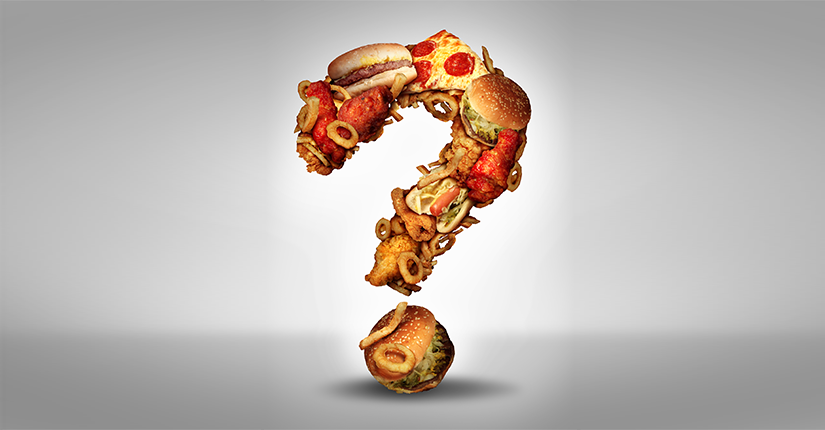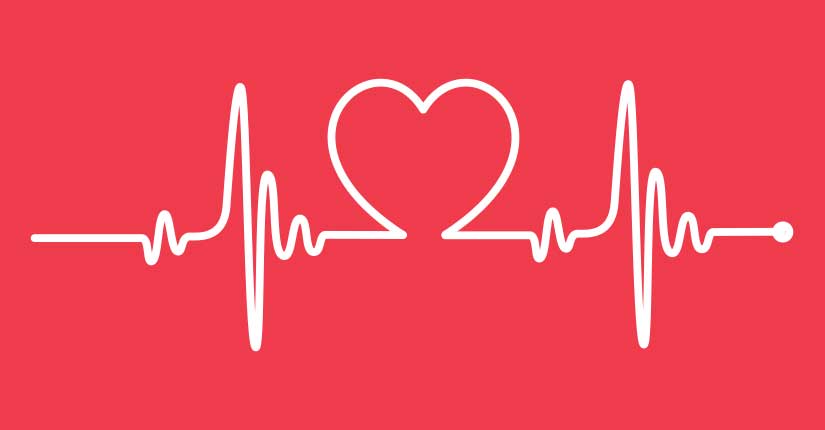How Trans Fats can Adversely Affect Your Health
By Nmami Agarwal 24-Sep 2020 Reading Time: 5 Mins

If you think all fat is awful, then you might want to reconsider it, as it is an essential micronutrient! Amongst it’s other amazing benefits, fat amps up your energy levels and keeps your organs protected. However, some fats can be detrimental to your health and performance while also lead you to chronic illness. One of these is known as trans fat. A term you must have come across a million times on those potato chip packets or on butter containers.
So, what exactly are trans fats?
Trans fatty acids are a form of unsaturated fat. They are found in both natural and artificial sources.
Artificial trans fats or industrial trans fats are made from turning liquid oils into solid fats. They have a long shelf life and are usually cheap. They increase your LDL(low-density lipoprotein) or ‘bad’ cholesterol levels, which surges the risk of having a coronary heart disease and type 2 diabetes.
What are the health risks with trans fats?
- Cardiovascular diseases:
- Insulin Sensitivity & Diabetes:
- Breast Cancer:
- AdverseEffects on Breast Feeding:
- Acne:
- Major Depressive Disorders:
- Inflammation:
- Obesity:
When we ingest trans fats over time, LDL levels become high. This cholesterol starts building up in blood vessels, which causes the vessel to narrow down and blocking the blood flow to the heart and other organs of the body, causing a heart attack. If clots are formed, it may lead to a stroke.
TFA’s interfere with the cell membrane functions which may in turn affect insulin sensitivity and result in a startling type-2 diabetic risk, a global concern.
According to researchers, women with high blood levels of trans fats are at twice the risk of developing breast cancer than to women with low levels.
It is established that the trans fats in breast milk fluctuate with the consumption of TFA, and the amount of trans fats in the bloodstream of an infant fluctuates with the amounts in milk. Hence, a breastfeeding mother must not include trans fatty acids in her diet as it may be detrimental to the health of the child.
The composition of sebum is an important determinant in how our pores become clogged. The fats we intake affects the composition. Having more trans and saturated fats is also a reason for clogged pores and thence, acne formation.
A study found that people who had the most dietary trans fats were at a 48% more risk of having depression than those who don’t.
Excess inflammation is considered to be a primary cause of many chronic illnesses, such as metabolic syndrome, diabetes, arthritis, etc. An increased intake of the industrial trans fats can lead to inflammation in the body, especially in people who are obese or have an excess body fat.
Higher body mass is often linked with the risks of hypertension and heart ailments. A diet high in monounsaturated fatty acids (MUFAs) or polyunsaturated fatty acids (PUFAs) leads to obesity and abdominal fat. Most of the packaged, fast foods have dietary trans fats in them, which makes for a high calorie diet.
Over to you:
Read the labels. Always look at the back of the packet to determine if a product is laden with trans fat or not. Trans fatty acids have no nutritional value, they just add on a havoc to the function of the body. Not just the processed or packaged foods but you need to think over that bottle of hydrogenated vegetable oil kept on the shelf of your kitchen too.





















